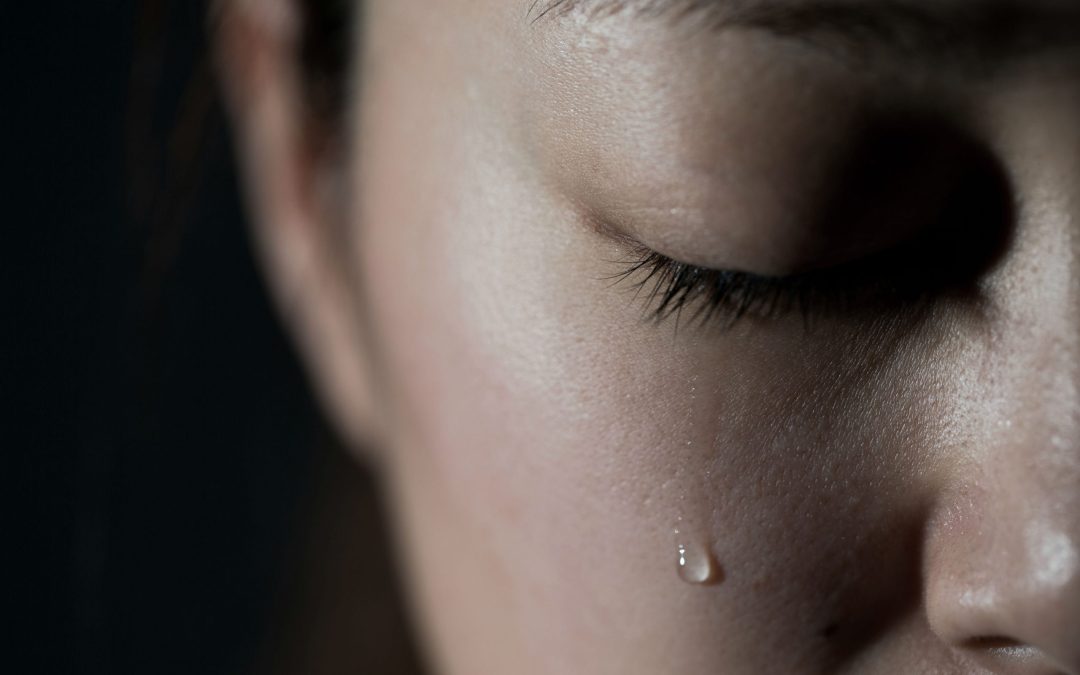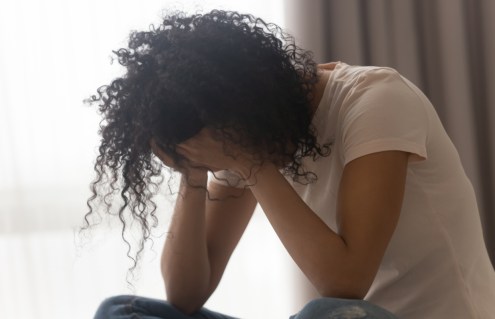Expert advice: Grief after miscarriage
Julia Bueno works with women and couples struggling with infertility and loss in pregnancy or at birth. She volunteers for The Miscarriage Association

3 minute read
Q. Is it normal to feel an extended time of grief after a miscarriage?
Grief is a human reaction to losing something or someone that mattered or was loved. Miscarriage confuses people because it can involve the loss of a baby that has barely developed – but it can dash dreams held in mind from before conception. ‘Moving on’ is about soothing, not eradicating, pain – difficult in a society that can deny grief after miscarriage even exists.
Q. How can you look after your emotional wellbeing after miscarriage?
Accept that whatever you are feeling is normal; miscarriage can provoke many feelings. Everyone’s response is unique – devastating for one person; a ‘bump in the road’ for another. Whatever you feel is valid, and there’s no expiry date on feelings. Finding someone to talk to can be helpful, through support groups or online communities if loved ones don’t understand. If feelings get in the way of life, counselling is a good idea.
Q. What can we say to someone who has suffered a miscarriage?
Tune into what the pregnancy meant to the person. It may have been a ‘child’ , with the potential for searing grief, but it may also be that the pregnancy had not yet become a ‘child’. I like the idea of compassionate curiosity: being willing to find out about the pregnancy and how it ended. Saying ‘I’m sorry for your loss’ becomes more genuine once you understand the full breadth and depth of what was lost.
Find out more about Julia’s work at juliabueno.co.uk, and visit The Miscarriage Association for information and support.
Image: Getty









